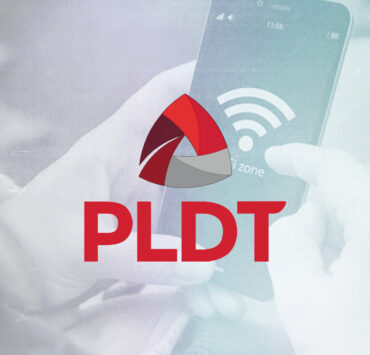Ambivalent regard for CSR

In the wake of the controversy over ghost and substandard flood control projects in some parts of the country, San Miguel Corp. (SMC) chair and CEO Ramon Ang offered to dredge or clear the debris in some rivers and waterways, free of charge, to help ease the flood problem.
Several business organizations supported the offer, which also drew words of appreciation from President Marcos. The Department of Public Works and Highways (DPWH), the government office that should be doing that work, was noticeably tight-lipped about it.
Some quarters, however, scoffed at the offer and partly blamed the ongoing construction of light railway facilities by SMC for it.
It was even intimated that the reason Ang wanted to undertake the dredging was because SMC would use the collected sand for its infrastructure projects, an idea that probably must have given a good laugh to people who are in the know about construction projects.
Without being blunt about it, the offer had been subtly described as self-serving or made to appear as benevolent, but in reality is aimed at promoting SMC’s business interests.
On its face, the river cleanup proposal may be described as an act or manifestation of corporate social responsibility (CSR) or “a business approach where companies integrate social and environmental concerns into their operations and interact with stakeholders, aiming to benefit society and the environment beyond just profit.”
It may be likened to sharing the profits of a company with the community or people it does business with through meaningful social or civic projects.
Under existing regulations, CSR is simply encouraged, not required. It is not a regulatory compliance issue. Depending on the frame of mind of management, it’s up to the company to decide whether or not it wants to engage in it.
If it does and it produces favorable results for the affected sector of our society, the company would invariably earn “brownie points” as a socially responsible business entity, a reputation that would give it a favorable corporate image that usually translates to a positive bottom line in the long run.
In some cases, the costs of engaging in CSR may be claimed as a deductible expense from gross income, but that opportunity is hardly taken into consideration when a company decides to take that step.
But the fact that a company gets some payback, directly or indirectly, from CSR-related activities, should be no reason to view it with a jaundiced eye or cast aspersions on the motives behind the engagement.
Whatever benefits a company may gain from it (which could be difficult to quantify) would be exponentially offset by the value it gives to its beneficiaries.
A cursory review of the CSR activities that many local companies have been involved shows that they primarily relate to tasks or activities that should be attended to by the national or local government using taxpayer money.
On many occasions, when classrooms, health centers and sports facilities are sorely lacking or inadequately provided for in some parts of the country, CSR-inclined companies often come to the rescue and take on the task that rightfully belongs to the government.
When they do that, the projects usually turn out to be more reasonably priced and structurally sounder than if handled by government-approved contractors.
The quality of those projects is assured because their proponents do not have to deal with corrupt government district engineers, as shown in recent reports of substandard flood control projects that those bureaucrats certified as satisfactorily completed in consideration for millions of pesos in kickbacks.
Acts of CSR should be cheered rather than jeered, especially if they involve tasks or activities that provide opportunities for graft to implementing government offices.
Move over, Bureau of Customs; the title of most corrupt government office now belongs to the DPWH.


















